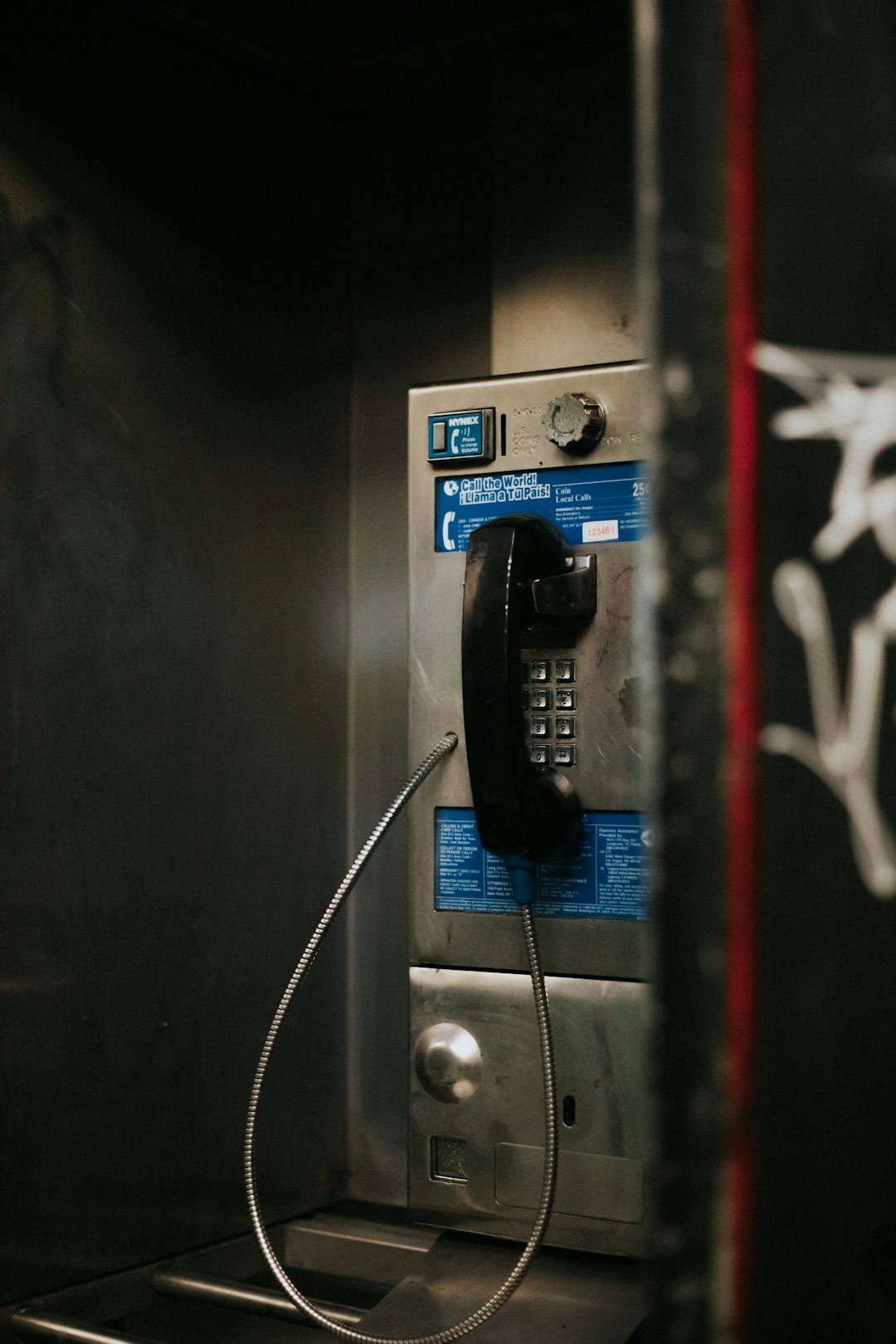Unwanted text messages, or spam, in Philadelphia are regulated by state and federal laws. Consumers can take action if these texts violate privacy or meet spam criteria. Documenting spam instances is crucial for legal proceedings, which may include contacting senders, filing FCC complaints, seeking damages under the TCPA, or taking civil action locally.
Are you tired of receiving unwanted spam texts? In Philadelphia, understanding your rights under state laws is crucial. This article explores whether you can sue for spam texts, delving into Pennsylvania’s regulations and guiding you through legal actions. From recognizing spam to navigating lawsuits, discover your options in fighting back against these intrusive messages. Learn how to protect yourself and take control in the battle against spam text bombardments in Philadelphia.
Understanding Spam Text Laws in Pennsylvania

In Pennsylvania, including the bustling city of Philadelphia, sending unwanted text messages, commonly known as spam texts, is regulated by state laws designed to protect consumers from intrusive and deceptive practices. The Pennsylvania Unfair Trade Practices and Consumer Protection Law (UTPCPL) prohibits businesses from engaging in unfair or deceptive acts in their transactions with consumers. This law extends to electronic communications, including SMS spam.
If you’ve been receiving unsolicited text messages in Philadelphia, understanding your rights is essential. You may have the legal grounds to take action if these texts violate your privacy or meet the criteria of spam according to state regulations. By familiarizing yourself with these laws and documenting the spam texts, you can explore options for recourse, such as contacting the sender to stop the messages or seeking legal advice on potential lawsuits against spammers, specifically targeting Philadelphia’s anti-spam legislation.
Rights and Options When Facing Unwanted Texts

When you’re facing a barrage of unwanted spam texts in Philadelphia, it can feel like your privacy is being invaded. However, you do have rights and options available to protect yourself from this nuisance. The first step is to understand that while these messages might seem relentless, there are legal measures in place to combat them.
In Pennsylvania, as in many states, sending unwanted text messages, often referred to as spam texts, is regulated by law. If you’ve received these messages without consent or despite asking to be removed from the recipient list, it could constitute a violation of your privacy rights. You can document these incidents, save the messages as evidence, and consider reaching out to the state’s attorney general for guidance. There are also specialized services that help consumers fight back against spam texts by reporting the senders and blocking future messages. Taking action not only protects you from further harassment but also helps contribute to a safer digital environment in Philadelphia.
Navigating Legal Actions for Spam in Philadelphia

Navigating Legal actions for Spam in Philadelphia involves understanding both state and federal laws. The Telephone Consumer Protection Act (TCPA) at the federal level prohibits unsolicited text messages, often known as spam, from marketing or promotional purposes. In Pennsylvania, the Unfair Trade Practices and Consumer Protection Law also offers protections against unwanted communications.
If you’ve received spam texts in Philadelphia, you may have legal recourse. Individuals can file a complaint with the Federal Communications Commission (FCC) and seek damages for each violation of the TCPA. Local laws allow consumers to take civil action as well, seeking compensation for emotional distress or invasion of privacy caused by persistent spam messaging. It’s advisable to document all instances of spam texts, including dates, times, and sender information, as these records can be crucial in legal proceedings against spammers.






